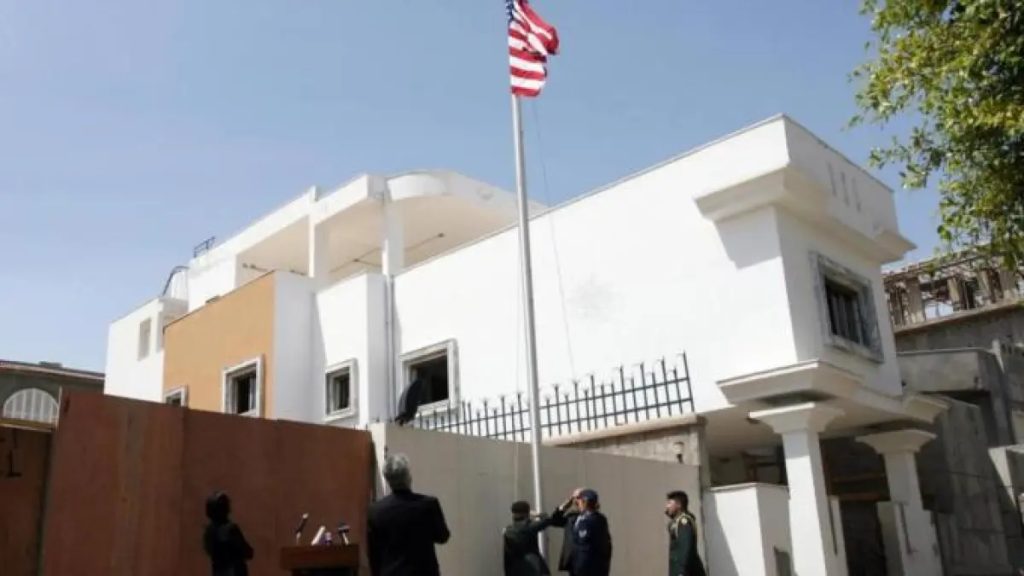A decade after ceasing its operations in Libya, the United States is considering the reopening of its embassy in the North African country. This move, detailed in the State Department’s fiscal year 2025 budget request, aims to allocate $12.7 million towards resuming diplomatic operations. These funds are intended for operational expenses for a Diplomatic Travel and Support Operations Facility and for enhancing air travel between Malta and Tripoli. The initiative underscores the U.S.’s commitment to preserving its security interests in the face of Russia’s expanding influence in the region, particularly on NATO’s southern flank.
The decision to explore the possibility of reestablishing a diplomatic presence in Tripoli is motivated by the growing geopolitical tensions and the strategic necessity of maintaining Western influence in the Maghreb. Marine Corps Gen. Michael Langley, the head of US Africa Command, recently highlighted the critical nature of countering Russian narratives and maintaining access across the Maghreb, from Morocco to Libya, as a matter of security for NATO’s southern edge.
Security and Diplomacy at the Forefront
The plan to reopen the U.S. embassy in Libya comes amid active negotiations for an interim facility that would ensure the necessary security and staffing support. This initiative is part of a broader effort by the U.S. to adapt its diplomatic operations to emerging global challenges, including the need to protect U.S. interests in strategic locations around the world. Secretary of State Antony Blinken emphasized that the budget includes $3.9 billion for Diplomatic Security and related programs, highlighting the importance of safeguarding U.S. diplomatic missions, not only in Libya but also in other regions such as the Indo-Pacific and the Eastern Caribbean.
The suspension of the U.S. embassy in Tripoli back in July 2014, due to civil unrest and following the tragic attack on U.S. facilities in Benghazi in 2012, marked a significant retreat in U.S.-Libya relations. The proposed reopening is a sign of tentative optimism towards stabilizing and strengthening diplomatic ties, despite the ongoing advisory against travel to Libya by U.S. citizens due to prevailing security concerns.
As discussions continue and preparations for a potential reopening move forward, the U.S. aims to navigate the complex geopolitical landscape of North Africa. The initiative to reestablish a diplomatic footprint in Libya signifies a critical step towards engaging with key regional players, countering adversarial influences, and reinforcing America’s commitment to its long-term security interests in the region.


